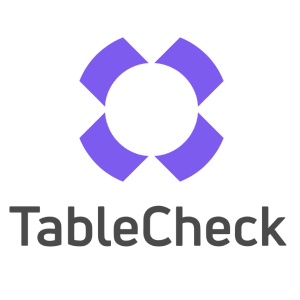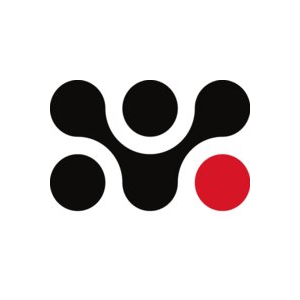Updated January 27, 2026
Top Language Schools in Japan: A Comprehensive Guide for 2025
As a foreigner, the language barrier might be the biggest challenge you’ll face in Japan.
It’s a whole different culture, after all. There’s so much to learn — even the alphabet is different. Even making out words here and there based on context is a challenge.
Besides, speaking English can only get you so far, as studies show that less than 30% of Japanese people speak English, and only 2% to 8% of them speak it fluently.
This is why, if you’re moving to Japan, you’ll probably want to learn Japanese. It’s better if you start sooner than later, and there are many language schools in Japan that can help you.
As it can be hard to tell which schools are the best and which ones are merely a cash grab, it can be hard to pick the right one. This is why I decided to write a post about the best language schools in Japan and share some tips on some of the issues you might face along the way.
Without further ado, let’s begin.
Common Issues You Might Face at Japan’s Language Schools
Japan has no shortage of language schools. There are many of them in almost every city, but you’ll want to be cautious, as quality can vary substantially.
I’ve heard a few horror stories about people who didn’t do proper research before choosing a language school in Japan, so I recommend doing your research.
The most common problems you’ll want to watch out for at language schools in Japan will probably be around your classmates and the teaching style of the school.
For instance, you may want to find a school with other students who speak the same native language as you. Some schools have more English-speaking students than others.
If too many people in your class speak a different native language than you, it might cause you to feel left out, and you might miss out on practice opportunities. On the other hand, some people may prefer not to be able to communicate with their classmates in their native language, since they’ll be forced to practice Japanese. Either way, it’s something to think about.
Another thing you might have a hard time with is the teaching style of the school. As Japanese is not an easy language to learn (especially if your native language is English or one of the Latin languages), you might find the pace of the course too fast — or too slow — for comfort. It’s best to read reviews from people with a similar background to yourself.
I recommend finding a school with a diverse student profile so that you’re mostly on equal grounds. I also recommend finding a course that’ll keep up with your learning pace. Many schools will have placement tests, which can be helpful in choosing the right course of study.
Getting a Student Visa
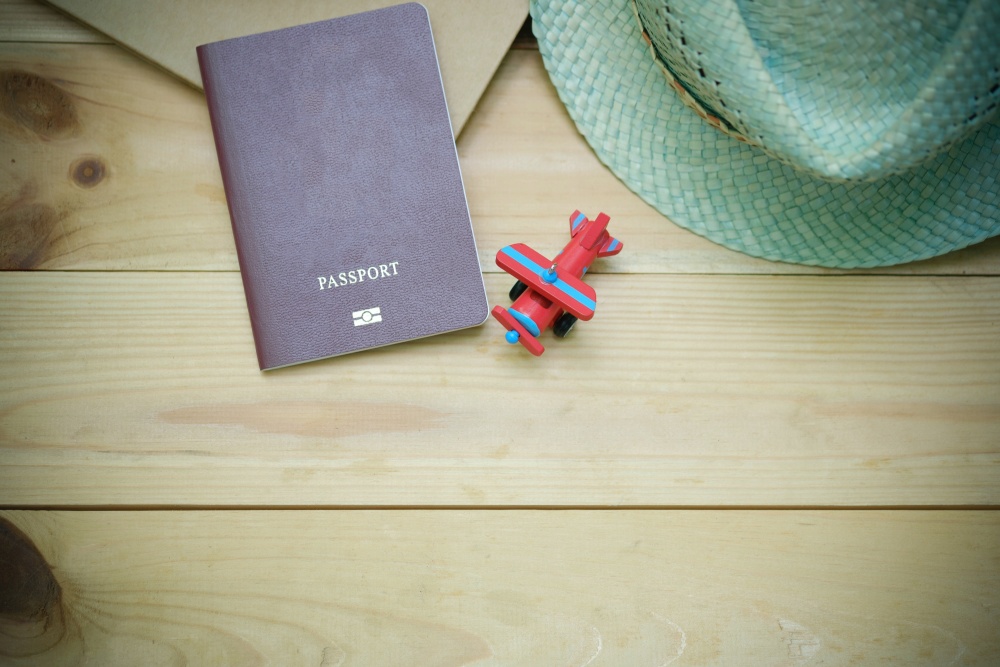
As a foreigner who wants to study Japanese in Japan, the first thing you’ll want to learn about is the visa situation.
You’ll be glad to know that if you’re from a country that has a visa exemption agreement with Japan (as a lot of western countries do), you don’t need a visa to attend a language program that’s no longer than 3 months.
However, it’s hard to learn any language in just 3 months, let alone Japanese. For programs longer than 3 months, you’ll need to obtain a student visa. Luckily, the student visa is one of the easiest to obtain among all Japanese visa types.
To apply, you can either choose to submit your documents directly to the embassy or have your language school submit them for you, which might require you to pay an extra fee.
Whatever you choose to do, the only thing you need to look out for is the long waiting times. As it usually takes 2 to 3 months for a visa to get approved on average, I recommend applying as early as possible to avoid missing your course’s start date.
If you’re coming to Japan for work and are curious about the other visa types, I recommend you check out my post on getting a visa as an engineer in Japan. I included some general information regarding the process and other visa types in there as well.
Part-Time vs. Full-Time Language Schools
As they appeal to people of all ages, language schools can be both full-time and part-time in Japan.
If you’re coming to Japan solely to learn Japanese, you’ll definitely benefit more from a full-time program. Learning a language requires constant practice and repetition, after all.
That being said, you might be moving to Japan for work or a college program and want to learn Japanese in your free time. If that’s the case, there are many half-day programs you can choose from, as they’re offered at pretty much all schools.
Some courses can even offer evening classes, which might be easier to manage alongside a full-time work schedule.
Typical Cost of Japanese Language Schools
Another important point when selecting schools is the price point, which depends heavily on the length and intensity of the program you choose.
If you’re considering a full-time program, you’ll probably pay around 150,000 to 200,000 JPY for a 3-month course. That being said, most good schools are closer to the 200,000 JPY range, and some can go even higher.
Additionally, if you’re considering a long-term program, you’ll also encounter an insurance fee, which is usually around 10,000 JPY.
In any case, as most schools charge a registration fee nowadays, you’ll probably have to pay a registration fee, which is usually around 5,000-20,000 JPY.
Lastly, you’ll also want to consider your accommodation costs. The big schools usually have dormitories or offer other accommodation types like student apartments and host families.
As prices for accommodation can vary greatly, it’s hard to give an approximate price. It’s safe to say that you’ll need to set aside at least 50,000 monthly just to be safe. For more information on living costs, you can check out my post on the real cost of living in Japan.
Now that we have the basics down, let’s take a look at some of the best Japanese schools in Tokyo.
Best Japanese Language Schools in Tokyo
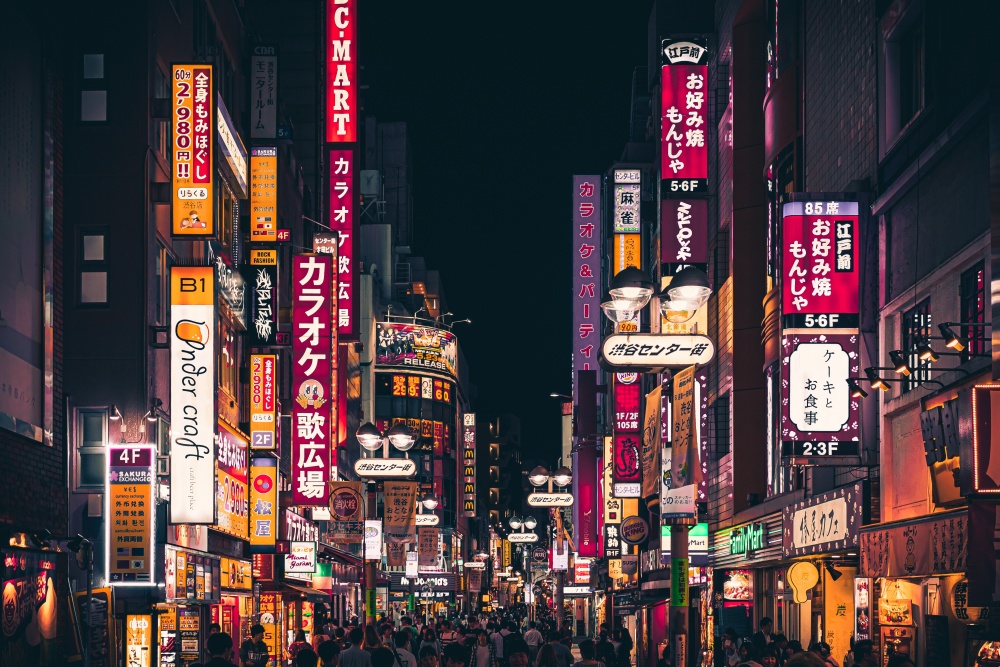
Here are some of the best language schools located in Tokyo with the highest ratings.
Coto Academy
Founded in 2000, Coto Academy is a distinguished Japanese language school in Tokyo, Japan. They offer on-site and online classes so you can study Japanese from anywhere in the world.
Coto Academy offers a distinctive blend of language education and cultural immersion. This allows their students to engage in activities like calligraphy workshops and cultural activities like tea ceremonies, creating a dynamic learning environment.
Coto Academy currently operates five convenient locations, including campuses in Shinjuku and Shibuya, as well as Yokohama. In addition, they are planning to open a new visa-eligible school, Coto Japanese Institute, which will further expand their educational offerings. With flexible scheduling and consistently strong reviews, Coto Academy is a popular choice for learners at all levels.
KCP International Japanese Language School
KCP International is one of the most trustworthy schools you’ll find in Tokyo, as it’s a non-profit organization. In addition to intensive and casual language courses, KCP also offers a variety of cultural activities to hone your Japanese skills.
If you’re attending a college or a master’s program, KCP also offers courses where you can collect academic credits. The school offers both long-term and short-term programs all year round.
The school is located in the heart of the city, where you’ll find lots of activities and good.
KAI Japanese Language School
Established in 1987, KAI offers programs specifically designed with the psychology of learning in mind. Their programs are tailored for diverse, international groups and people with no Japanese or Kanji background.
KAI offers programs as short as 3 months, but they also have long-term courses that can take up to 2 years. In addition to all-year-round language courses, KAI also offers summer programs for teens, as well as summer programs for adults.
The school is located in the Shinjuku area of Tokyo, which is a vibrant part of town with lots of fun bars and restaurants.
JCLI Japanese Language School
Located in the northern part of Tokyo in the Kita District, JCLI offers the best school facilities in Tokyo. They offer both short-term and long-term programs all year long.
JCLI requires all teachers to have a university degree in addition to a Japanese teaching certificate to ensure quality. Their programs are both tailored for beginners and pros.
One of the best things about JCLI is that they offer cultural experiences to support their teaching methods. The facilities even have a traditionally designed Japanese tea ceremony room, where students can practice Japanese while experiencing the culture.
ISI Language School (Harajuku)
ISI Language School’s Harajuku branch is located in one of the most iconic districts of Tokyo. The Harajuku district is full of unique, quirky shops and is bustling with culture.
In addition to regular short-term and long-term class programs, ISI also offers private lessons, which allow you to learn at your own pace. The school’s education method is largely centered around learning through cultural activities, making each and every class fun.
ISI Harajuku has modern, state-of-the-art facilities, where every class is equipped with electronic whiteboards and air conditioning. In addition, there’s a library, a student lounge, and a computer lab that’s free to use at any time.
Genki Japanese and Culture School Tokyo
Genki Japanese and Culture School has a few branches across Japan, and it’s one of the highest-rated schools in the country. The school is located in Shinjuku, which is known as the entertainment district of Tokyo.
Genki offers all types of courses ranging from short to long-term, and they also offer conversational courses specifically focused on speaking.
At Genki, the classes are intentionally kept small to ensure the best learning experience. All teachers have a recognized language teaching certificate, with at least half of the teachers holding a university degree.
Yoshida Institute of Japanese Language
Founded in 1986, the Yoshida Institute of Japanese Language is located in the Waseda area of Tokyo, which is also where Waseda University is located. Since it’s a student-centric area, you’ll find lots of affordable restaurants, shops, and cafes.
Yoshida Institute offers long-term (6-24 months) and short-term (3 months) courses starting in January, April, July, and May. They also offer courses specifically designed for beginners, which is a 9-month program.
In addition to classes, the Yoshida Institute offers cultural activities for students to socialize and practice their Japanese skills.
Best Japanese Language Schools Outside of Tokyo
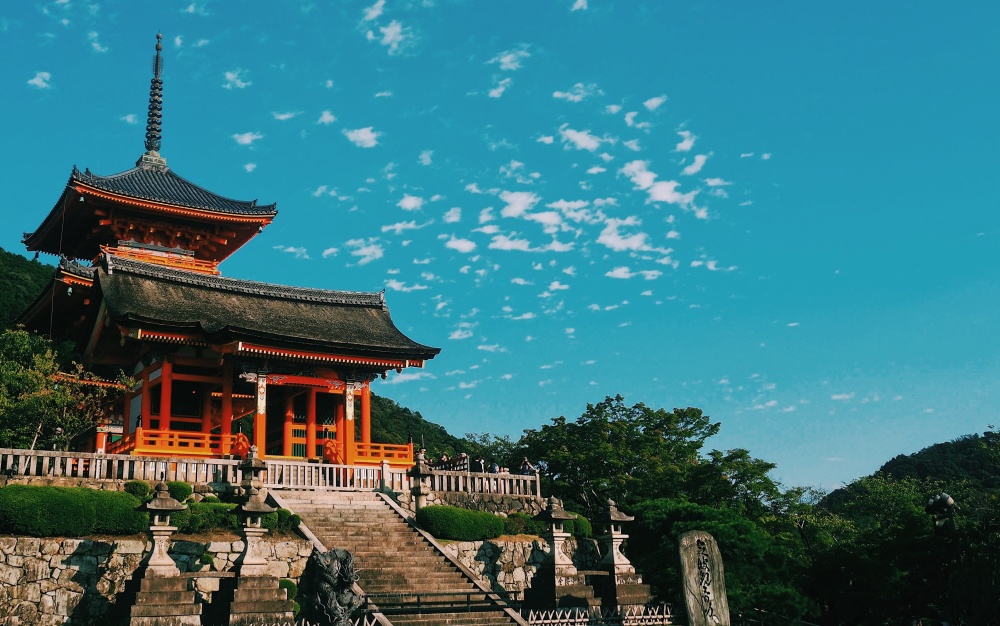
Let’s now briefly look at a few great Japanese schools located in other major cities of Japan.
Genki Japanese and Culture School Kyoto
I already talked about Genki in this post, but their Kyoto branch is also worth mentioning because it’s the highest-rated language school in Japan. It comes as no surprise as Genki is the first-ever Japanese school to be awarded the “Star World Language School” title.
The school offers long and short-term courses, as well as summer courses for both teen and adult students.
In addition to a student lounge with a large video game library, the school also offers lots of extracurricular activities where you get to hone your conversational Japanese skills.
Japanese Language Institute of Sapporo
The Japanese Language Institute of Sapporo is one of the oldest language schools in the region, with over 30 years of experience.
The school is only 30 minutes away from great skiing and snowboarding pistes at Mount Okura if you’re interested in winter sports. There are also good public transport links nearby that allow you to visit the best sights in the city.
There are both long-term and short-term courses available, and there’s also a 3-week-long intensive course during the summers.
One of the best things about this school is that they have a good balance of international students with no nationality making up more than 15%.
Fukuoka Foreign Language School
The last school on the list is Fukuoka Foreign Language School, which has over 110 years of experience in language teaching. Fukuoka is a spacious city where you can enjoy the beautiful vistas of the ocean and take in the local culture.
The school is a higher education institute, which means that you can get an associate degree if you complete a 2-year program. This program starts in April each year, and it allows you to find a job in Japan more easily.
Fukuoka Foreign Language School also has other programs for beginners that last from 12 to 24 months.
Get Job Alerts
Sign up for our newsletter to get hand-picked tech jobs in Japan – straight to your inbox.




